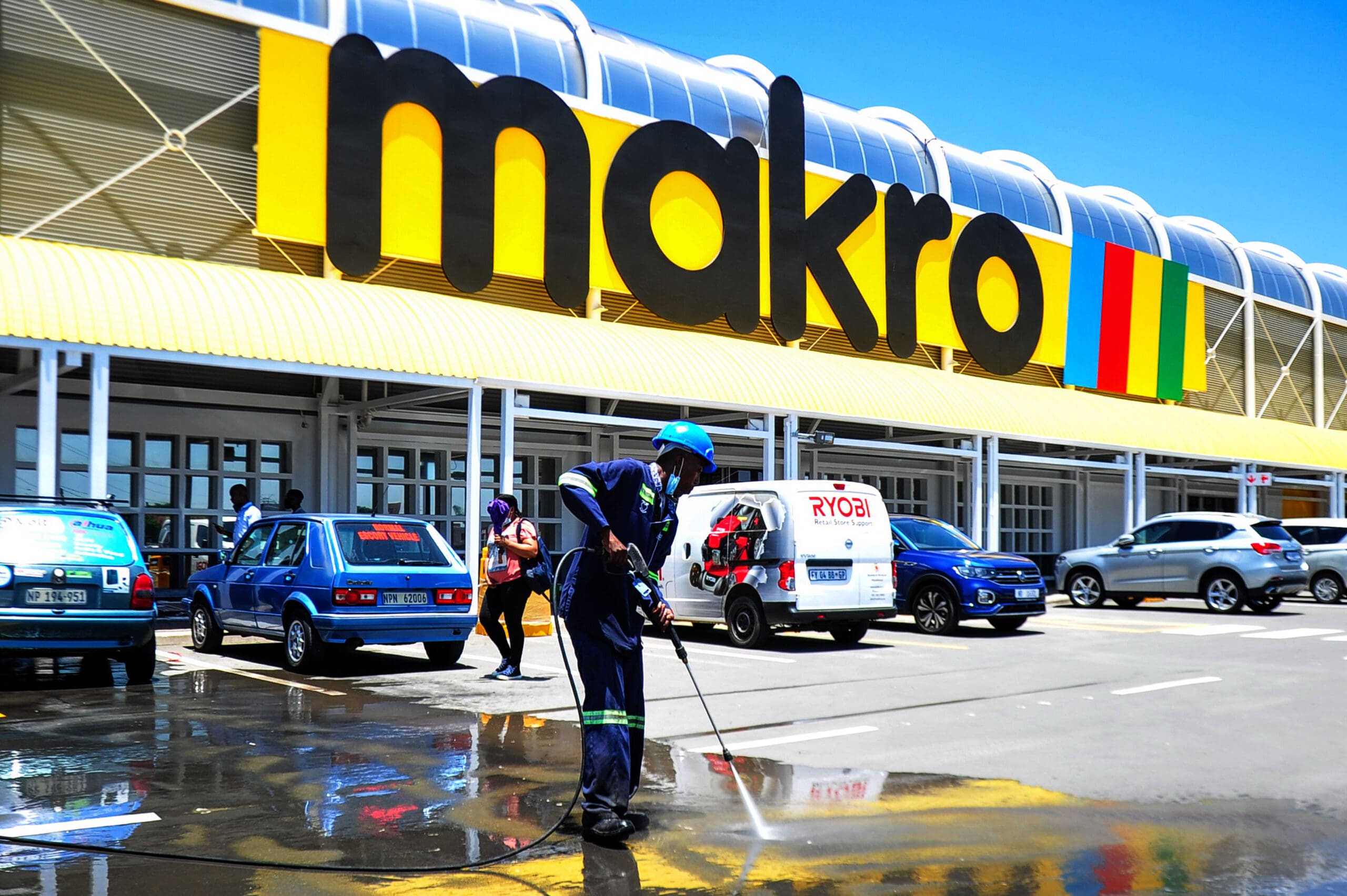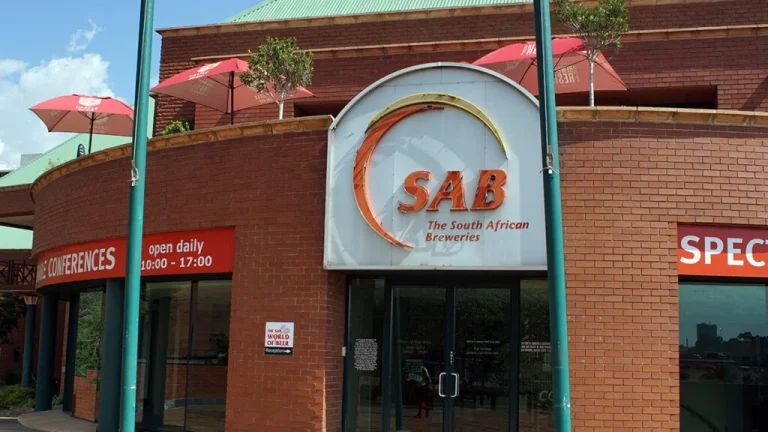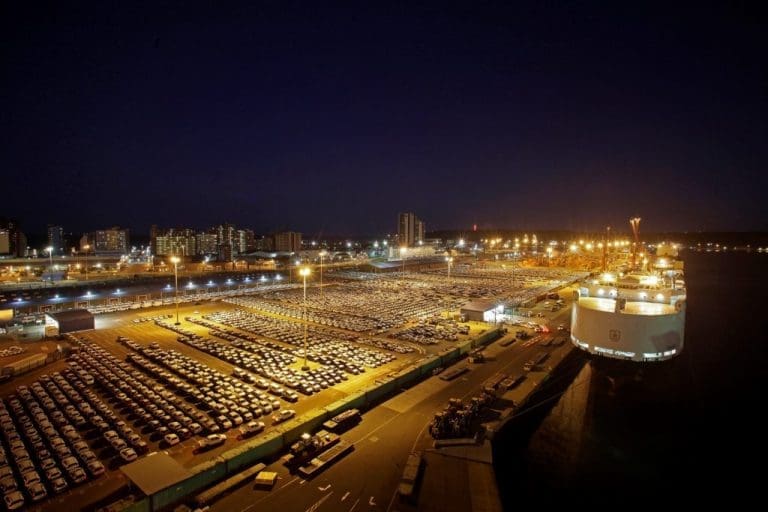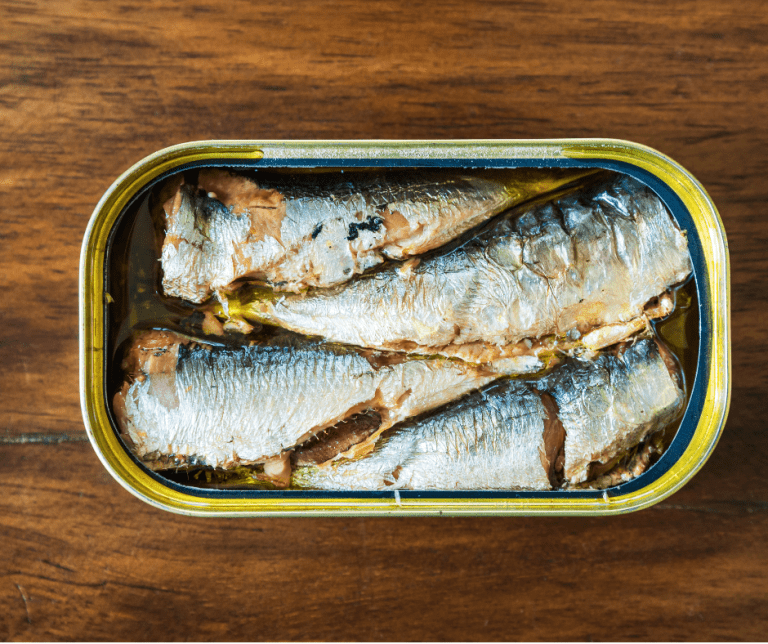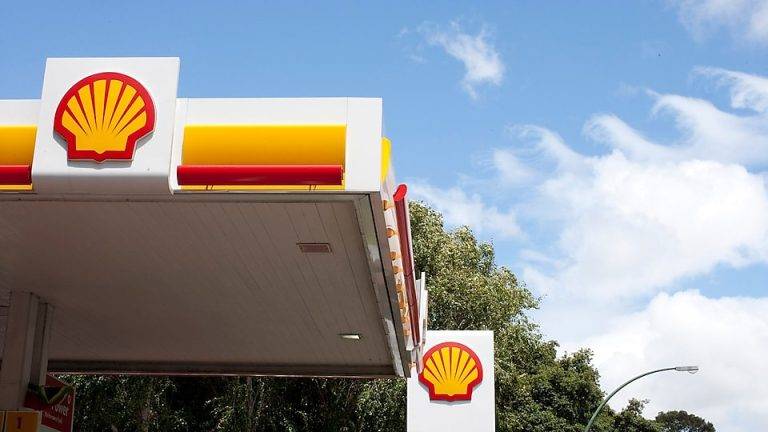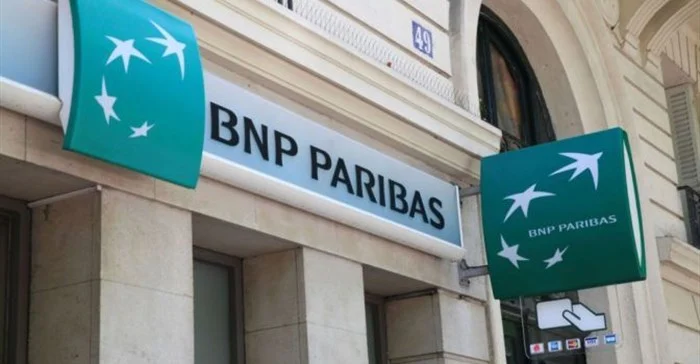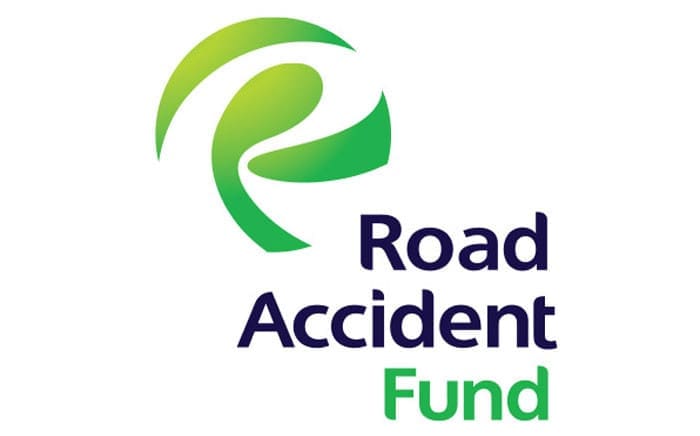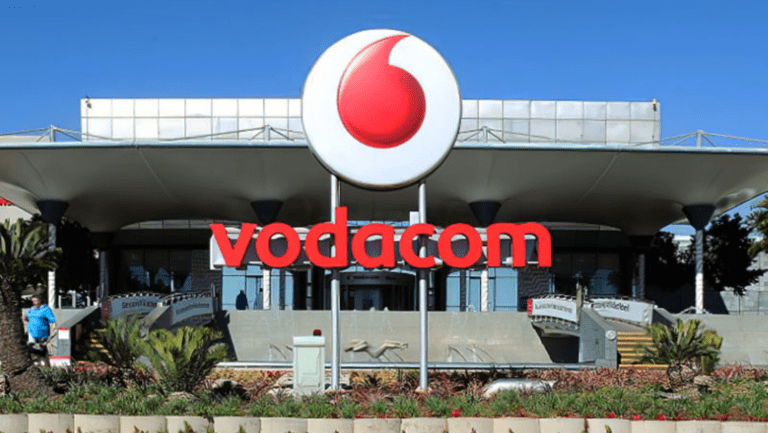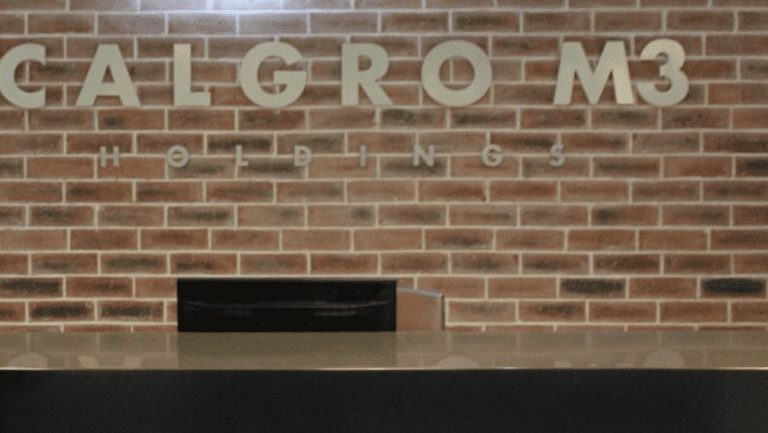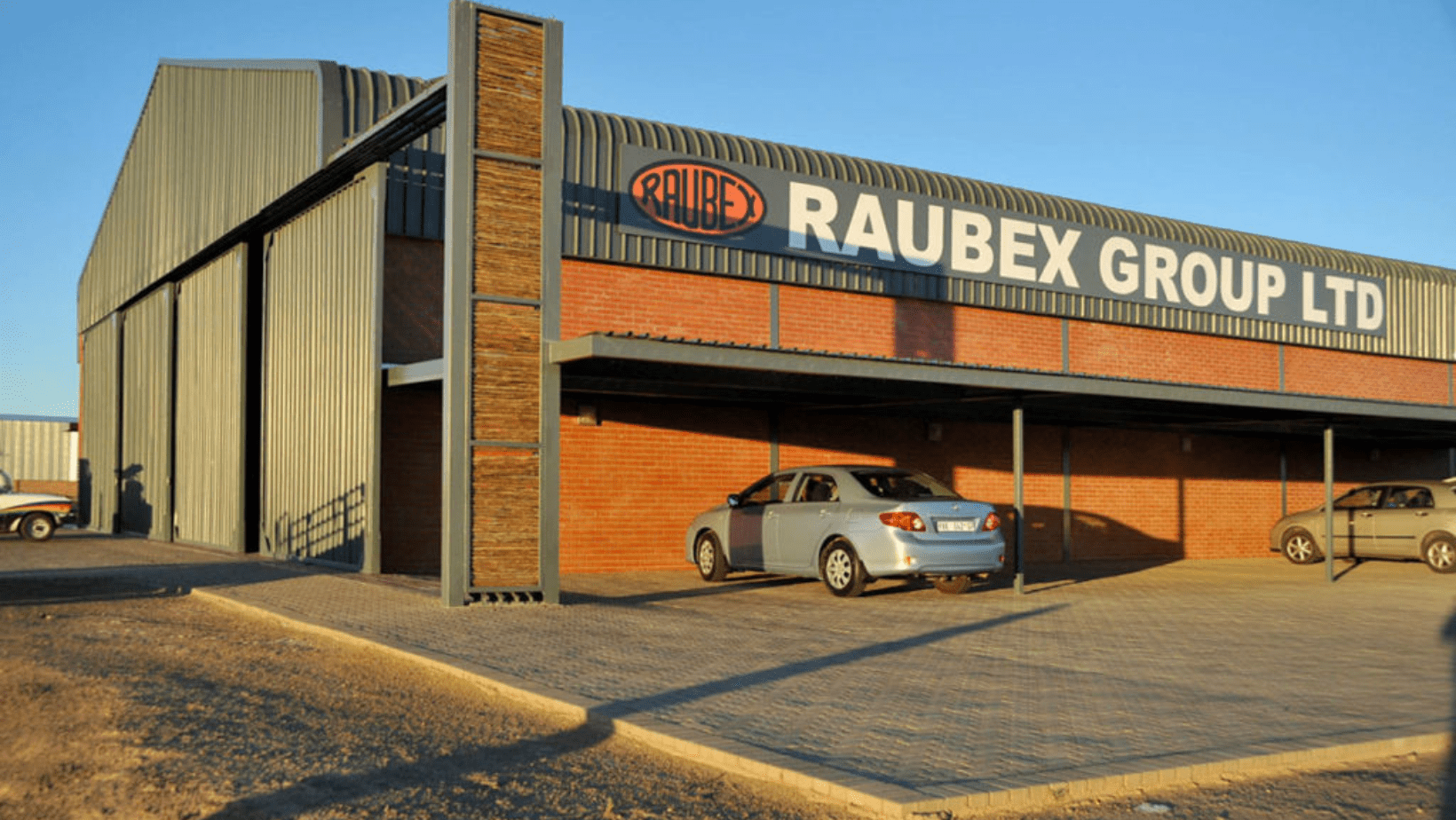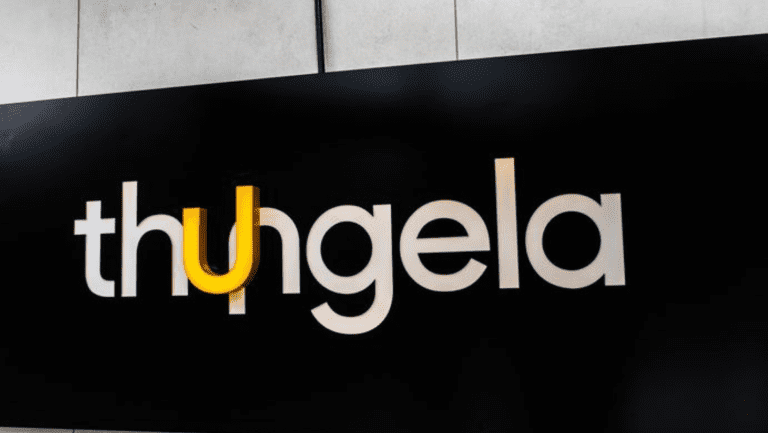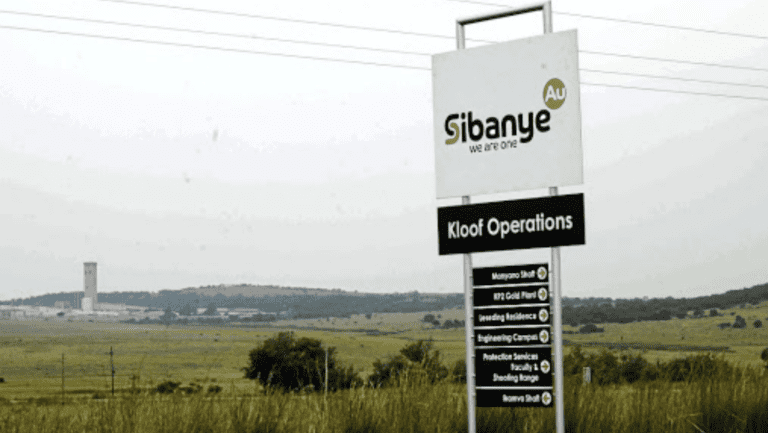In a recent grocery basket comparison conducted by BusinessTech, Makro has solidified its position as the most affordable option for essential items among the top six grocery retailers in South Africa as of November 9, 2023. The comparison, encompassing staple foods and products from major retailers such as Shoprite, Checkers, Pick n Pay, Spar, Woolworths, and Makro, sheds light on the varying costs of a selection of nine crucial items.
The items included in the comparison range from a 700g loaf of Albany Superior sliced white bread to a 9-pack of two-ply Baby Soft toilet paper. To maintain consistency, store-brand alternatives were considered where applicable, particularly in cases where some stores exclusively stock their store-brand versions of certain items. Food Lovers Market was excluded from the analysis due to the absence of an online store.
The comparison extends across various locations within Gauteng, acknowledging that prices may fluctuate based on location or time of the month. The data indicates that, on average, the cost of the basket of nine staple items in July was R415, a notable decrease from the previous recorded month of July, which stood at R480.
As of November 2023, Makro stands out as the most budget-friendly option, offering the entire basket at a total cost of R369.76. This is R23.65 less than the second cheapest retailer, Shoprite, which totaled R393.41. Conversely, Woolworths carries the highest price tag for the basket at R438.91, a substantial R69.15 more than Makro. It is essential to note that Spar operates on a franchise model, leading to potential variations in prices and available items across its stores.
The following table provides a detailed breakdown of prices for each item from the eight grocery retailers, emphasizing Makro’s affordability:
| Item | Checkers | Pick n Pay | Woolworths | Spar | Shoprite | Makro |
|---|---|---|---|---|---|---|
| White Bread | R19.99 | R19.99 | R19.99 | R18.99 | R19.99 | R18.99 |
| Sunflower oil | R79.99 | R79.99 | R79.99 | R83.99 | R69.99 | R59.95 |
| Maize meal | R34.99 | R35.99 | R38.99 | R36.99 | R35.99 | R29.95 |
| White Sugar | R64.99 | R62.99 | R61.99 | R59.99 | R59.99 | R53.58 |
| Milk | R34.99 | R34.99 | R38.99 | R30.99 | R34.99 | R35.95 |
| Rice | R41.99 | R41.99 | R41.99 | R48.99 | R34.99 | R31.95 |
| Flour | R42.99 | R40.99 | R41.99 | R41.99 | R39.99 | R45.95 |
| Soap | R17.99 | R17.99 | R17.99 | R17.99 | R17.49 | R15.99 |
| Toilet paper | R79.99 | R96.99 | R96.99 | R94.99 | R79.99 | R77.45 |
| Total | R417.91 | R431.91 | R438.91 | R434.91 | R393.41 | R369.76 |
Despite the overall decrease in the average cost of the basket from July to November, it is evident that consumers can still make significant savings by choosing Makro as their go-to grocery retailer.
In parallel, the latest food basket data from the Pietermaritzburg Economic Justice and Dignity group (PMBEJD) provides additional insights into the dynamics of food prices in South Africa. The data reveals that, over the last year, oil and fat prices were the only categories to experience a decrease, while pantry essentials and vegetables witnessed a surge.
The PMBEJD’s basket, comprising 44 food items commonly found in the monthly shopping of South African households, serves as an indicator of real price shifts at a retail level, even when compared to the official inflation rate. The year-on-year inflation for this basket stands at 10.6%, surpassing the food inflation tracked in Stats SA’s CPI, which recorded 8.1% in September. Moreover, the PMBEJD’s year-on-year basket price difference was 7.3% in August.
An in-depth analysis of the 44 items in the basket reveals that 25 of them still exhibit double-digit price increases compared to a year ago. Notably, 12 of these items, categorized as fruits, pantry essentials, and vegetables, have experienced a surge of over 20%. Conversely, five food items have witnessed a decrease in price, and two prices have remained relatively stable. Notable among the reductions or stabilizations are cooking oil (-12%), fats, and meat.
In conclusion, Makro’s consistent affordability, as highlighted in the recent grocery basket comparison, positions it as the optimal choice for South African consumers seeking economical options for essential items. As the cost of living continues to be a significant concern for households, making informed decisions about grocery shopping can contribute to meaningful savings. Additionally, the broader context provided by the PMBEJD’s food basket data underscores the complex landscape of food prices in South Africa, emphasizing the need for consumers to stay vigilant and make informed choices in their purchasing behavior.


